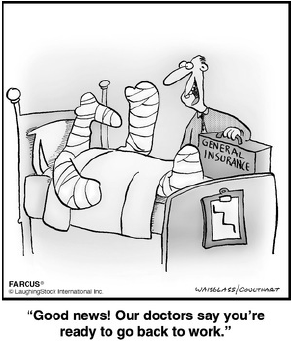Read the text below and answer the following
question based on it.
Global sleeping patterns revealed by app data.
It showed the Dutch have nearly an hour more in bed every
night than people in Singapore or Japan.
The study, published in Science Advances, also found
women routinely get more sleep than men, with middle-aged
men getting the least of all.
The researchers say the findings could be used to deal with
the "global sleep crisis".
The study found people in Japan and Singapore had an
average of seven hours and 24 minutes sleep while the
people in the Netherlands had eight hours and 12 minutes.
People in the UK averaged just under eight hours - a
smidgen less than the French.
The later a country stays up into the night, the less sleep it
gets. But what time a country wakes up seems to have little
effect on sleep duration.
Prof Daniel Forger, one of the researchers, said there was a
conflict between our desire to stay up late and our bodies
urging us to get up in the morning.
The study also showed women had about 30 minutes more
per night in bed than men, particularly between the ages of
30 and 60.
And that people who spend the most time in natural sunlight
tended to go to bed earlier.
A strong effect of age on sleep was also detected. A wide
range of sleep and wake-up times was found in young
people but "that really narrows in old age," said Prof Forger.
"It highlights that although our body clocks are programming
us to do certain things, we can't as we're ruled by social
circumstances.
"We won't know the long-term consequences of this for
many years."
Adaptado de:<http://www.bbc.com/news/health-36226874> Acessado em 7 de maio de 2016.
